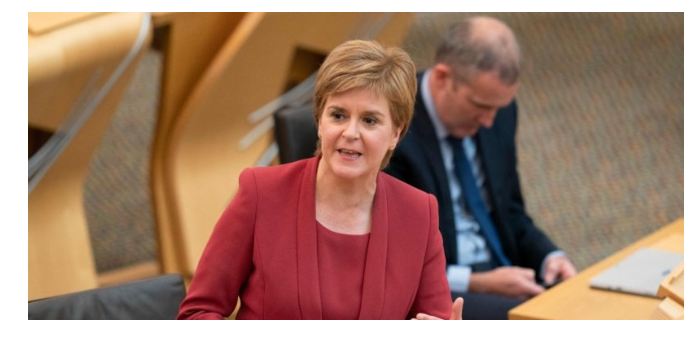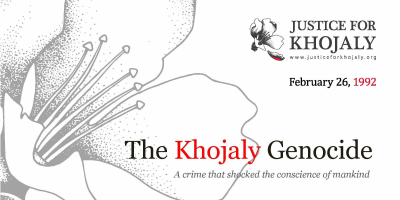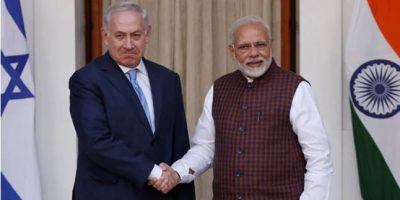Scotland to hold independence vote by end-2023, says first minister

Scotland’s first minister reiterated on Tuesday that she aims to hold a public vote on independence from the UK by the end of 2023.
Announcing her government program, Nicola Sturgeon said independence is on top of her agenda, but there will be no referendum bill debate in the Scottish parliament this year.
She said the Scottish government will now restart work on a detailed prospectus which will be presented to voters if there is a referendum campaign.
Speaking at the Scottish Parliament in the capital Edinburgh, Sturgeon said “as we emerge from the pandemic, choices fall to be made that will shape our economy and society for decades to come.”
She said: “Which Parliament-Westminster (UK) or Holyrood (Scotland)-should make these choices? And what principles will they be guided by?
“These are questions which cannot be avoided, nor postponed until the die is already cast. So we intend to offer that choice.
“We will do so only when the COVID crisis has passed but our aim, COVID permitting, is that it will be in the first half of this Parliament-before the end of 2023.”
Sturgeon also underlined that they will “ensure that the choice-when it comes-is a fully informed one.”
“To that end, I can confirm that the Scottish government will now restart work on the detailed prospectus that will guide the decision.”
In January 2020-before COVID-19 struck outside China-the Scottish Parliament voted in favor of a second independence referendum.
After the vote, Sturgeon requested a section 30 order-an order that would make it possible to hold a new independence referendum (indyref2)-from the central UK government, but her request was rejected by British Prime Minister Boris Johnson.
Johnson said in a recent letter to Sturgeon that he would “not agree to any request for a transfer of power that would lead to further independence referendums.”
FIRST REFERENDUM
The first referendum that asked Scottish voters whether they would want to break free from the UK was held in 2014, a mere two years before the historic referendum on Brexit, which Scotland decisively rejected.
The government under then-Prime Minister David Cameron pledged a better understanding for Scots from Westminster and “extensive new powers” for the Scottish Parliament.
The SNP, the party that led the independence campaign, had full confidence that the country would survive and even be better off outside the UK, strengthened by the nation’s oil fields in the North Sea, world-famous malt whiskey, textile, jet engines, and various banking and financial services.
But Scots rejected separation from the rest of the UK, as just over 2 million votes (55.3%) were cast to remain part of the kingdom, while 1.62 million (44.7%) people voted for independence.
Johnson and the Scottish Tories have repeatedly rejected the idea of indyref2, calling the 2014 referendum a “once in a lifetime” event that proved Scots prefer the union.
Related News

Khojaly Genocide: A bloody chapter in 20th-century history
34 years ago, on the night of 25–26 February, Khojaly genocide, one of the mostRead More

India’s Modi visits Israel as US-Iran tensions mount
TEL AVIV, Feb 25: India’s Prime Minister Narendra Modi arrives in Israel on Wednesday forRead More


Comments are Closed